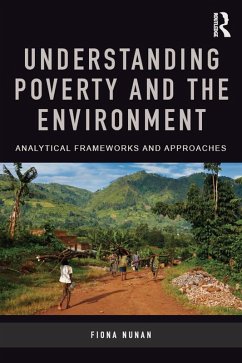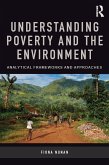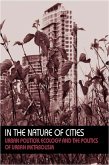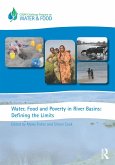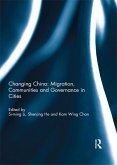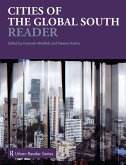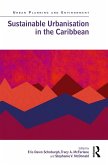This book suggests that it does matter. Arguing that such a portrayal is unhelpful and misleading, the book brings together a diverse range of analytical frameworks and approaches that can enable a much deeper investigation of the context and nature of poverty-environment relationships. Analytical frameworks and approaches examined in the book include political ecology, a gendered lens, Critical Institutionalism, the Environmental Entitlements framework, the Institutional Analysis and Development approach, the Sustainable Livelihoods Framework, wellbeing analysis, social network analysis and frameworks for the analysis of the governance of natural resources.
Recommended further reading draws on published material from the last thirty years as well as key contemporary publications, giving readers a steer towards essential texts and authors within each subject area. Key themes running through the analytical frameworks and approaches are identified and examined, including power, access, institutions and scale.
Dieser Download kann aus rechtlichen Gründen nur mit Rechnungsadresse in A, B, BG, CY, CZ, D, DK, EW, E, FIN, F, GR, HR, H, IRL, I, LT, L, LR, M, NL, PL, P, R, S, SLO, SK ausgeliefert werden.
Professor Arun Agrawal, School of Natural Resources & Environment, University of Michigan, USA
'The relations between poverty and environmental change are important but complex. Understanding Poverty and the Environment is an antidote to simplistic assumptions, and a welcome guide to intelligent thinking.'
Professor W.M. Adams, Department of Geography, University of Cambridge, UK

